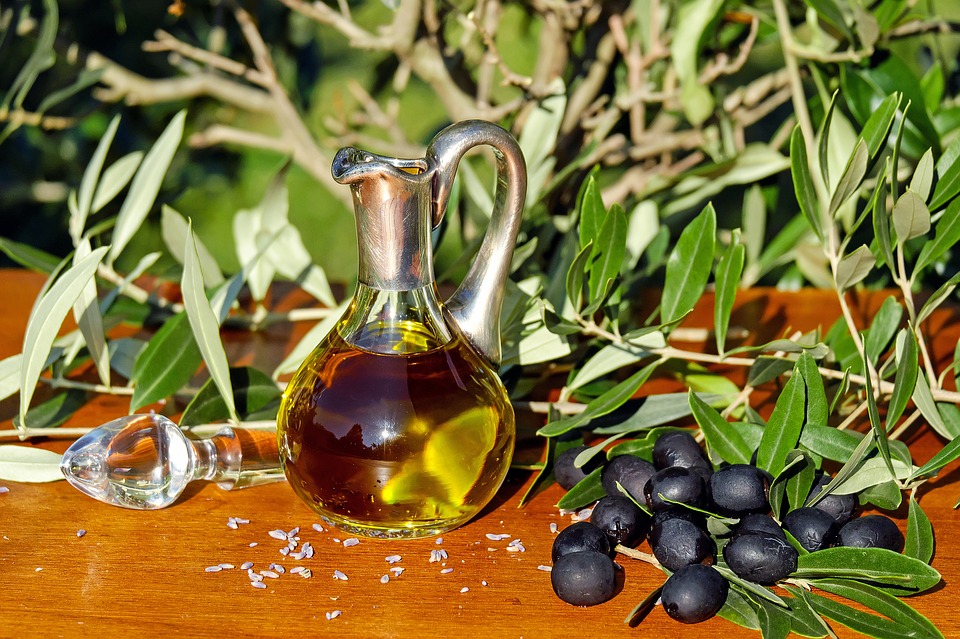By Mary Pletsch 05 Oct 2020 no comment 852 Views
Many people who want to “eat healthy” begin to reach for fat free products at the grocery store. But “fat free” is not the wisest choice.
Recent studies have shown that moderate fat intake is not as unhealthy as previously believed. These studies suggest that it is more unhealthy to have a diet that’s excessively high in carbohydrates (ie, more than 60% of your daily calories coming from carbohydrates). Many people who drastically reduce their fat intake, increase their carbohydrate intake to make up for it.
Meanwhile, those “fat free” products are typically filled with sugar, carbohydrates, and artificial ingredients. These ingredients carry health risks of their own.
You may not even be cutting calories: “fat free” and “low calorie” are not always the same thing. Remember, sometimes the word “light” means “light tasting,” not necessarily “light on calories.” And what if it takes four tablespoons of a “fat free” dressing to get the flavour and kick you associate with one tablespoon of regular dressing? You might actually end up consuming more calories.
Better yet, skip the processed commercial salad dressings entirely and make your own with healthy ingredients. A simple homemade salad dressing consists solely of olive oil, lemon juice, and pepper to taste. You can find recipes for all kinds of homemade dressings online.
Fat is not your enemy
Healthy fats can help you to feel full so you’re satisfied with less. If your meal is too low in fat, you’ll be hungry again shortly after you eat. Then junk food or convenience food will be that much more tempting.
Foods containing healthy fats include olive oil, nuts, avocados, salmon, yogurt, ground flax seed, dark chocolate, eggs, cheese, and seeds like sunflower seeds and chia seeds. Don’t be afraid to consume moderate amounts of healthy fats.
Avoid trans fats and highly processed foods. Fresh and natural is the way to go. Frozen food is okay in moderation when you can’t get fresh. Pre-packaged foods are typically high in sugar, salt, preservatives and artificial colours and flavours. Always read the list of ingredients so you know what you’re putting in your body.
When fat is consumed in moderation, and trans fats are avoided, healthy fats are good for you. Don’t feel guilty for enjoying that cup of yogurt, that tablespoon of olive oil, that serving of salmon, or that handful of nuts. They’ll nourish your body, help you feel fuller longer, and taste delicious too.

